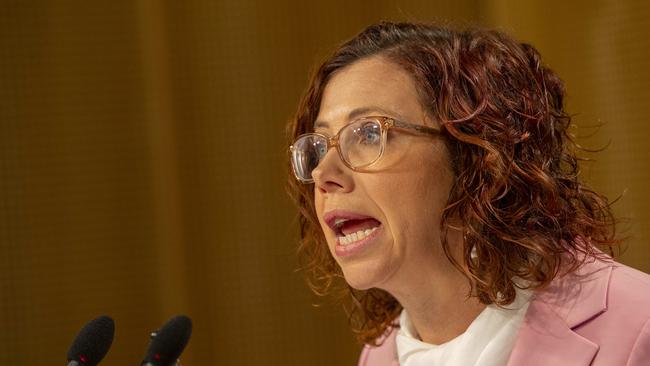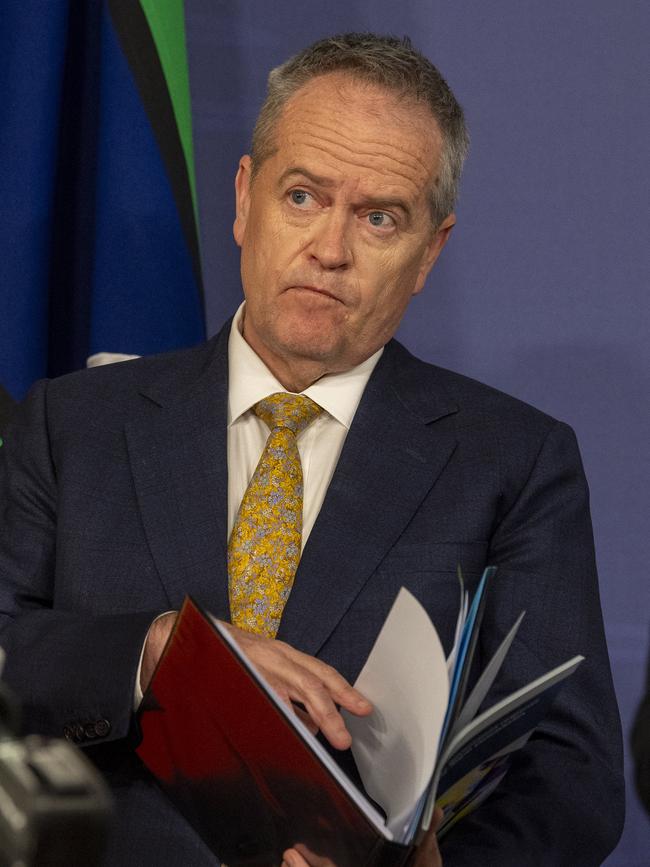
Its ambition to improve laws, policies and practices to create a more just society that helps people with disability live free from violence, abuse, neglect and exploitation is laudable, of course. After all, 5.5 million Australians live with a disability, meaning you, someone in your family or someone close to you.
And the royal commission heard myriad, horrific examples of violence, abuse, neglect and exploitation.
But at the end of the day it’s reform agenda, while ambitious in scope, was muddied by sharp divisions between the commissioners on key issues like the future of special schools, group homes and disability employment.
The response from federal and state governments leaves disability reform far from settled, the path forward still obstacle-ridden. Funding stoushes between the states and commonwealth loom. Even on a generous reading there is much that remains unclear, and much still to do. The last point is not challenged.
The Albanese government’s initial response accepts 13 of the royal commission’s recommendations in full and another 117 in principle. Many of those accepted “in principle” already have government funding attached. A further 36 are subject to consideration. Six were “noted”, which while not a complete rejection, is not a good result if you’re hoping for change.
Among the six is a recommendation for a new disability rights minister in federal parliament. This is a sensible decision. The government points out disability issues are already represented in cabinet through a social services minister and an NDIS minister. Some argue a single-focus portfolio can deliver more for the 20 per cent of Australians with a disability. But it is reasonable to ask whether more bureaucracy is the answer to improving the lives of people with disability.
Another “noted” recommendation is the issue of phasing out special schools by 2051. The six commissioners were split, and both the state and federal governments have agreed to leave this at the states’ discretion, though noting children with disabilities and their families should have choice. This is nuanced, with reasonable arguments that a child often finds themselves in a special school not through choice but because they had a bad experience in mainstream schools. But the government’s response clearly takes the view that not all segregation is bad. This will be poorly received by many disability advocates.
Whether group homes continue to be part of the mix for people with disability, another recommendation that split the commissioners, will be kicked down the road, included in a broader review of their funder, the National Disability Insurance Scheme.
NDIS minister Bill Shorten said while he didn’t have a final view on that, individual choice was important. This is a telling comment in terms of the future direction of government policy.

There has been money put behind some of the recommendations, including funding for advocacy and improving community attitudes to people with disability. All up, $117m in new money, along with $220m flagged in the budget to bolster disability employment services.
Like so many things, much of the path forward will be about money, and how much the states are prepared to stump up to build better services.







The disability royal commission’s final report was a beast. The commission itself ran for more than four years, hearing from almost 10,000 people. It cost more than $500m. Its final report ran to 12 volumes, with 222 recommendations.